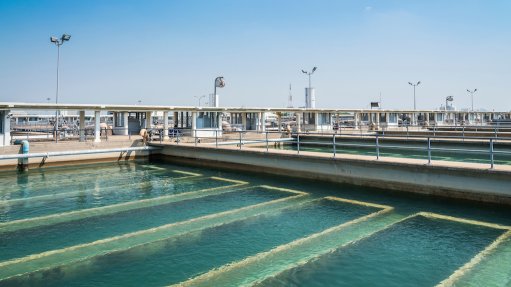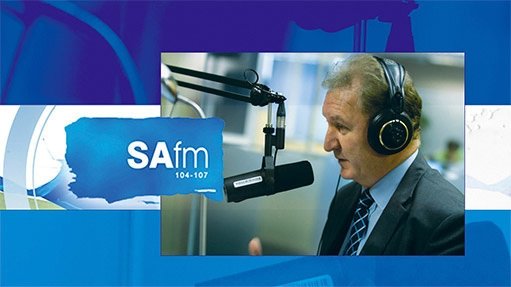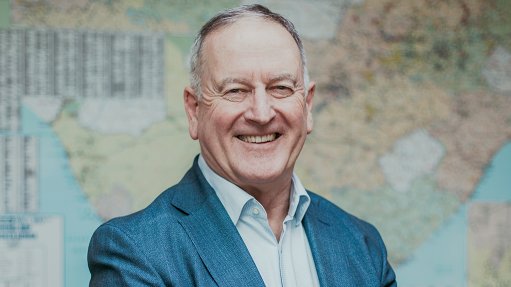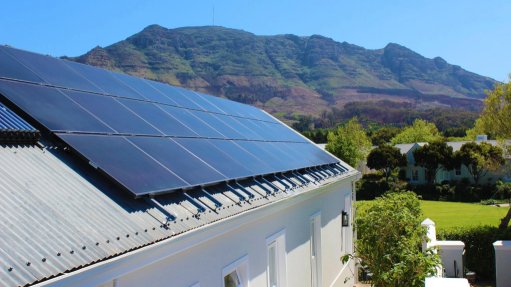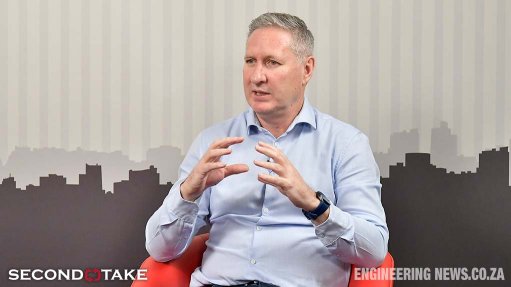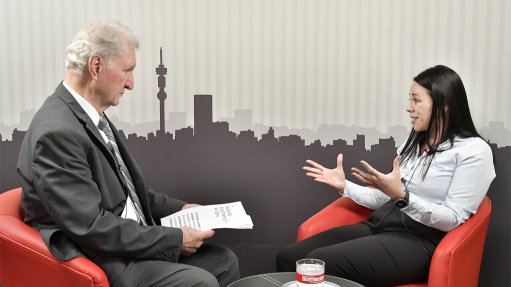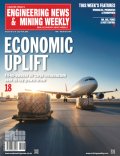4G to remain dominant tech in Africa for foreseeable future
Although the adoption of fifth-generation (5G) technology is accelerating at a record pace worldwide, fourth-generation (4G) technology is forecast to remain dominant across Africa for the foreseeable future.
The decade of the 2020s will be characterised by the deployment of 5G; however, 4G adoption across Africa is still growing and, with significant unused 4G capacity, the focus for operators in Africa in the near term will be on increasing 4G uptake, says GSMA sub-Saharan Africa public policy director Kamal Tamawa.
While 4G was already the dominant technology in many regions globally when 5G emerged, contrastingly, across Africa, “the 5G era” came at a time when legacy networks still accounted for the majority of mobile connections, with 4G still in its infancy.
Despite a sizeable market opportunity of a total population of more than 1.3-billion people and a network reach of 76%, 4G accounts for just 25% of connections on the continent, compared with 60% globally, owng to device affordability and digital literacy challenges, as well as a lack of sufficient digital content to stimulate demand.
Discussing the results of the GSMA report, ‘5G in Africa: realising the potential’, Tamawa says 4G still has a lot of room to grow in the region, with current scenarios indicating that 5G mass-market readiness is some way off.
Most stakeholders in Africa expect legacy second-generation (2G) and third-generation (3G) networks to remain operational in their markets beyond 2030, with 52% saying in GSMA’s report that they anticipate the shutdown of legacy networks beyond 2030.
Seven per cent indicated that they expected these networks to shut down between 2022 and 2024, 22% between 2025 and 2027 and 19% between 2028 and 2030.
In South Africa, telecommunications group Telkom South Africa retired its 2G network in 2020 and had shut down 80% of its 3G network as of January 2022.
GSMA says, however, that the operator is an exception in Africa, where, on average, 2G and 3G account for 23% and 53% of mobile connections respectively, making their closure more of a long-term prospect.
However, across the world, operators are increasingly outlining plans to shut down 2G and 3G networks to optimise network operations, given the cost and complexity of simultaneously running multiple network generations, and repurpose spectrum assets for more efficient 4G and 5G networks.
In addition, the standardisation and maintenance of legacy equipment is slowing, with some equipment due to lose support within a few years.
Meanwhile, 5G adoption rates are predicted to grow rapidly over the next few years in many markets, with GSMA Intelligence forecasting that 5G connections will pass the two-billion mark by the end of 2025.
By September 2022, there were 218 commercial 5G networks in 83 countries, Tamawa told delegates during his presentation at the Independent Communications Authority of South Africa’s second South African 5G Forum Meeting, held from November 16 to 17, in Midrand.
He says 5G is now live in every region, making it a truly global technology and, by 2030, total 5G connections will reach about 5.3-billion, accounting for more than half of the total number of mobile connections.
At least 60% of the world’s population will be covered by 5G networks.
The decade from 2020 to 2030 will be pivotal for the connectivity landscape in Africa as 4G hits the mass market and 5G roll-out and adoption gather pace, with indications that, by the end of this decade, 4G and 5G will account for nearly two-thirds of total mobile connections in Africa.
According to GSMA, there will be a “flurry of activities” over the next three years in the 5G market as more operators in the region launch commercial 5G services.
“All stakeholders in the 5G Africa Survey expect commercial 5G services to be available in their market by 2030, with the majority predicting this to be within the 2023 to 2025 timeframe,” the report indicates.
In 2019, data-only network provider Rain started offering commercial fixed-wireless access (FWA) services in South Africa, while Vodacom and MTN launched the first major 5G networks in 2020, offering 5G mobile and FWA services in South Africa and formally kicking off the 5G era in Africa.
Since then, 5G activities have gained momentum, with several more commercial and precommercial launches.
Currently, there are commercial 5G networks in more than 10 countries across the region and many more countries expect commercial 5G to be available in their markets by 2025.
By the end of this decade, there will be more than 340-million 5G connections in Africa, equivalent to a fifth of total mobile connections.
While it is still early stages for network deployment and commercialisation, the case for 5G in Africa is strong and could, by 2030, contribute about $26-billion to the continent’s economy, with the retail, manufacturing and agriculture sectors likely to experience the most impact.
With this increased performance, higher connection speeds, greater capacity and lower latency, 5G networks can enable new use cases and applications that will positively impact on many industry sectors.
According to GSMA, in addition to the measurable socioeconomic impact of 5G technology and services, further benefits are expected, such as improved access to healthcare and education, increased public security and response times, safer driving conditions and reduced pollution.
“Africa’s retail, financial services, agriculture, extractive and manufacturing industries present clear opportunities for 5G to enable digital transformation, which will avert the risk of exacerbating the digital divide with the rest of the world. “Further, Africa’s vibrant technology startup ecosystem is well placed to leverage the capabilities of 5G to develop innovative solutions to address local challenges,” the report concludes.
Comments
Press Office
Announcements
What's On
Subscribe to improve your user experience...
Option 1 (equivalent of R125 a month):
Receive a weekly copy of Creamer Media's Engineering News & Mining Weekly magazine
(print copy for those in South Africa and e-magazine for those outside of South Africa)
Receive daily email newsletters
Access to full search results
Access archive of magazine back copies
Access to Projects in Progress
Access to ONE Research Report of your choice in PDF format
Option 2 (equivalent of R375 a month):
All benefits from Option 1
PLUS
Access to Creamer Media's Research Channel Africa for ALL Research Reports, in PDF format, on various industrial and mining sectors
including Electricity; Water; Energy Transition; Hydrogen; Roads, Rail and Ports; Coal; Gold; Platinum; Battery Metals; etc.
Already a subscriber?
Forgotten your password?
Receive weekly copy of Creamer Media's Engineering News & Mining Weekly magazine (print copy for those in South Africa and e-magazine for those outside of South Africa)
➕
Recieve daily email newsletters
➕
Access to full search results
➕
Access archive of magazine back copies
➕
Access to Projects in Progress
➕
Access to ONE Research Report of your choice in PDF format
RESEARCH CHANNEL AFRICA
R4500 (equivalent of R375 a month)
SUBSCRIBEAll benefits from Option 1
➕
Access to Creamer Media's Research Channel Africa for ALL Research Reports on various industrial and mining sectors, in PDF format, including on:
Electricity
➕
Water
➕
Energy Transition
➕
Hydrogen
➕
Roads, Rail and Ports
➕
Coal
➕
Gold
➕
Platinum
➕
Battery Metals
➕
etc.
Receive all benefits from Option 1 or Option 2 delivered to numerous people at your company
➕
Multiple User names and Passwords for simultaneous log-ins
➕
Intranet integration access to all in your organisation






